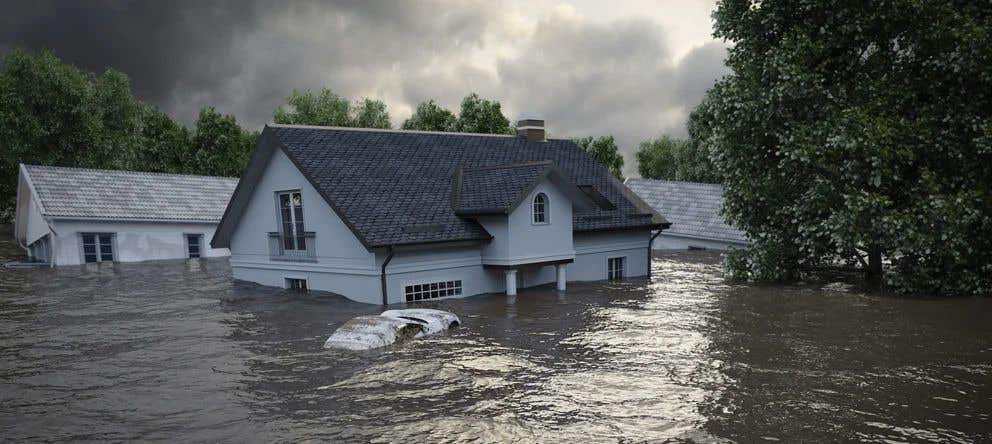Does the NFIP still cover you during a shutdown?
In January 2018, the federal government shut down for two days when Congress couldn’t agree on a bill to provide continuous funding. One of the affected institutions was the National Flood Insurance Program, or NFIP (a branch of the Federal Emergency Management Agency). Luckily, funding was restored relatively quickly – but not for the long term. In fact, 2018 saw several close calls with funding lapses for the program.
But in December 2018, the government was shut down again because of funding disagreements over the US-Mexico border wall. During that shutdown, the NFIP continued to issue and renew policies.
There’s no guarantee for long-term funding for the NFIP, which means it could find itself in another precarious situation in the near future. And, given the recurring threat of shutdowns amid federal budget negotiations, the increasing frequency of natural disasters, and the federal government’s critical role in providing disaster relief, understanding what happens to the NFIP during a government shutdown is important for policyholders.
So how might that affect homeowners who live in floodplains? Here’s an overview of what to expect the next time the NFIP temporarily loses funding.
Why does the NFIP need funding in the first place?
The NFIP was created in 1968 to address the reality that private flood insurance options were falling short. Floods are the most common and costliest natural disaster in the country and private insurers were sometimes unable to pay out on claims. The NFIP was developed to offer a government-backed subsidized alternative.
Today, homes located in a floodplain bought with a mortgage are required to have flood insurance. Some lenders require that the insurance be through NFIP, making the organization an essential part of the home-buying process in some parts of the country.
What happens if the NFIP loses funding?
When the government shuts down and the NFIP goes unfunded, a few things happen:
- No new NFIP flood insurance policies can be written.
- The NFIP cannot renew any policies.
- Home sales in certain areas freeze. If your mortgage company won’t lend you money without NFIP insurance and the NFIP can’t write you a policy, you can’t get the money you need to buy a house. During a four-week shutdown in 2012, the National Association of Realtors estimated that about 1,300 home sales per day were prevented because of missing NFIP funding.
- The NFIP continues to pay out valid claims… until it runs out of money. It cannot pay additional claims until it collects enough in incoming premiums or is allocated more money by Congress.
Obviously, these are not desirable outcomes.
What’s really frustrating, though, is that even though there’s general agreement that we need the NFIP, most people think it should be reformed. The thing is, we can’t agree on how to do that. The general attitude seems to be, “Why should we fund something that we know doesn’t work?” This isn’t helpful when nobody can agree on what needs to happen to make it work better.
Attempts to improve the NFIP
In 2012, the Biggert-Waters Act updated the NFIP, which was at the time more than $17 billion in debt. The update required homeowners to pay insurance rates that matched their risk exposure, based on actuarial tables. It eliminated certain subsidies and the grandfathering in of earlier, lower rates.
But in 2014, Congress passed the Homeowner Flood Insurance Affordability Act, which essentially delayed the reforms of Biggert-Waters and, rather than instating risk-based pricing, spread premium increases overall to policyholders.
The Flood Insurance Market Parity and Modernization Act offers mostly technical updates to current law, but that bill didn’t make it to the Senate.
Bottom line: while it’s unlikely that lawmakers will agree on a comprehensive overhaul of the NFIP any time soon, it’s equally unlikely that they’ll let millions of homeowners go unprotected for the long term. If this is a matter you think needs more attention from Congress, consider contacting the people who represent you.


